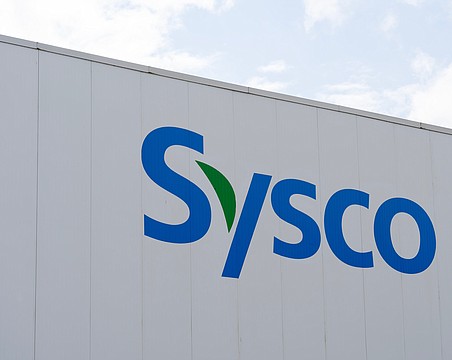Rod Thomson: Federal pay twice the average worker's
The average federal wages and benefits are now double those of the private sector. This happened under the Republicans' watch. Why?
The average federal wages and benefits are now double those of the private sector. This happened under the Republicans' watch. Why?
The federal Bureau of Economic Analysis confirms some of the worst fears of those of us toiling in the private sector: Federal civilian employees are earning dramatically more than private-sector employees.
In the macro scale, the BEA found that for the first time, average civilian federal compensation - including wages and benefits, excluding the military - was doubled that of the private sector. Federal workers earned an average $106,579 when benefits are included with salary. Private workers earned on average $53,289 in wages and benefits.
Unfortunately, that eye-popping chasm is not new. But it is growing; 15 years ago it was only 50% more. As the accompanying chart shows, federal pay has been continually pulling further ahead of private-sector pay.
The question is why? It is painfully clear to most observers that government workers are not as efficient - OK, nowhere near as efficient - as private-sector workers. This may be due to many factors beyond the control of the individual worker but is nonetheless true.
And it is just as true that there is no strong competition for federal workers, although there may be for some federal job categories. One could make an argument for federal employees being paid on a competitive scale with the private sector. But twice as much? Twice?
Here are a couple of obvious reasons for this train being so far off the tracks.
Federal unions. However useful unions may have been in the 1930s, they are a self-evident detriment in today's economy. They warp the market for workers, have been responsible for bringing down companies and continue to be a drag on the competitive abilities of auto companies, steel companies and others.
So in this case we see their handiwork in getting federal-employee pay increases annually, whether it is a strong or weak economy, while the private sector responds to the strength of the economy and individual business. Federal employees also receive promotions based on seniority instead of merit and so on.
However, breaking up government unions is a proposition no one is willing to consider, least of all the elected officials in Washington, D.C., whom we euphemistically call leaders.
Fickle politicians. For all their rhetoric, clearly the Republicans are not the party of small government and controlled spending. They are sometimes claimed to be the lesser evil, but given the growth in federal spending since 2000, and this new data showing the growth in federal pay, it is hard to make the case that there is a lesser of two evils on this score.
The BEA figures show that since 2000, when President Bush was elected and with Congress in Republican control, the average wage-and-benefit package totaled $76,136. Five years later, the package was at $106,579 - a startling increase of 71%.
Could Democrats possibly have been any worse?
Systemic. No one is minding the store. The fault for that begins with Congress and the president. They have created one of the most generous and elite benefits packages available (other than their own) all at the expense of taxpayers who largely do not enjoy such benefits.
But fault flows down to all the rest of us. Where are the American people up in arms over the scalding growth in the federal government? We go about our business and largely leave that to others. But there are not enough "others" to mount pressure on politicians who seem incapable of doing the right thing in substantial numbers without the threat of losing their seat.
Even with these explanations, it is hard to understand why federal wages alone have risen 38% during the past five years - two and one-half times faster than private-sector wages. We all bear the burden of supporting this extravagant pay package for 1.8 million federal employees
Here's a suggestion: Let's elect people of character with a firm philosophy grounded in the founding principles of limited government and personal freedoms, individual responsibility and an understanding of capitalism, free markets and competition. Those are the broad shoulders our powerful and comfortable economy stand on, and the ever-growing Goliath out of Washington, D.C., threatens to become an unbearable encumbrance for sustaining that.
Rod Thomson can be reached at [email protected].
FEDERAL VS. PRIVATE PAY
1990 1995 2000 2005
Private industry $30,709 $36,330 $45,240 $53,289
Federal civilian $46,496 $62,359 $76,136 $106,579
Fed/Private Ratio 1.51 1.72 1.68 2.00
Source: Cato Institute, BEA





